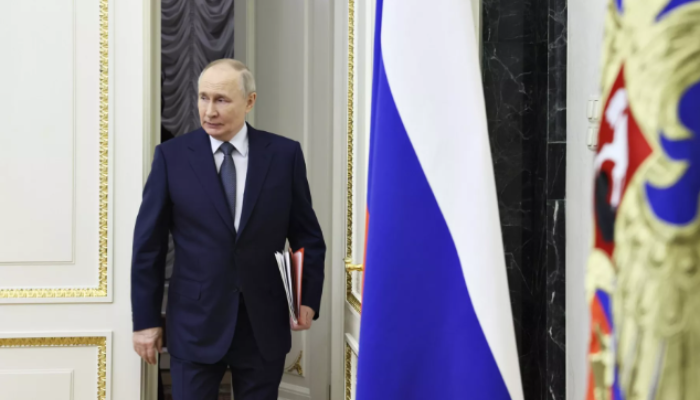
Russia has recently requested the lifting of sanctions related to agri-business, including the reconnection of Rosselkhozbank to the SWIFT payment system, placing the European Union (EU) in a complex position. This demand is tied to the restoration of the Black Sea Initiative, and its implications could significantly impact the EU’s sanctions policy and international relations.
Russia’s Key Demand: Reconnect Rosselkhozbank to SWIFT
- Reconnection of Rosselkhozbank: Russia insists on lifting the EU sanctions that prevent its agricultural bank, Rosselkhozbank, from using SWIFT. The reconnection would allow Russia to facilitate global transactions for essential exports like wheat and fertilizers, benefiting its economy and global trade relations.
- Impact on Agricultural Exports: This demand comes as Russia seeks to restore access to international markets for food and fertilizer exports. Despite existing tariffs, the SWIFT sanctions have hindered Russia’s ability to manage payments for these vital exports.
EU’s Dilemma and Its Role in SWIFT Sanctions
- SWIFT’s Importance and EU’s Role: SWIFT, based in Belgium and under EU jurisdiction, is a crucial global financial messaging system. The EU has previously sanctioned Russian banks, including Rosselkhozbank, to limit Russia’s ability to fund its military operations, especially after the invasion of Ukraine.
- US Pressure on the EU: The US, under President Trump, has signaled willingness to consider lifting some sanctions to secure a ceasefire. However, this is a decision that ultimately lies with the EU. US officials emphasize the need for European involvement in future talks on easing sanctions.
Internal EU Debate: To Ease or Tighten Sanctions?
- Divergent Views Within the EU: The EU is divided on whether to ease sanctions. While countries like Hungary have expressed support for lifting sanctions, Ukraine’s President Zelenskyy strongly opposes any sanctions relief unless Russia commits to a full ceasefire and peace agreement.
- Diplomatic and Economic Risks: Easing sanctions could weaken the EU’s stance against Russian aggression, making it appear as though the bloc is compromising. On the other hand, denying Russia’s demand could escalate tensions with the US and Russia, complicating ceasefire negotiations.
The Broader Context of Sanctions Relief
- Zelenskyy’s Position on Sanctions: President Zelenskyy has called for continued pressure on Russia, highlighting the importance of maintaining sanctions until Russia ceases its attacks and reaches a peaceful resolution.
- Complexity of EU Sanctions: The EU has implemented 16 rounds of sanctions on Russia, and any change to this framework would require careful consideration. Reversing these sanctions would not be taken lightly, as it could have significant diplomatic and economic consequences.
The EU’s Next Steps: Navigating a Tough Decision
The EU is at a crossroads, where its decision to either ease or maintain sanctions will impact the ongoing conflict in Ukraine. With both internal and external pressures, the EU must balance the interests of its member states while continuing to support Ukraine’s sovereignty and security.
Conclusion: As Russia demands sanctions relief and seeks to reconnect Rosselkhozbank to SWIFT, the EU faces a critical decision that will shape the future of its sanctions policy, its diplomatic relations, and the ongoing conflict in Ukraine. The outcome will require careful negotiation and alignment among EU member states.
